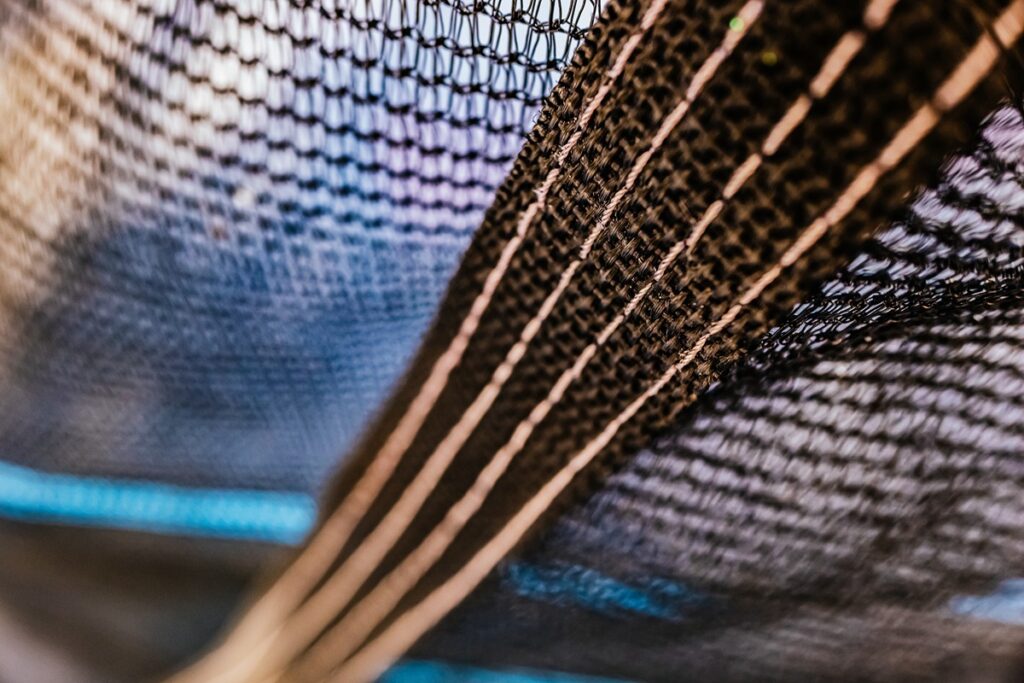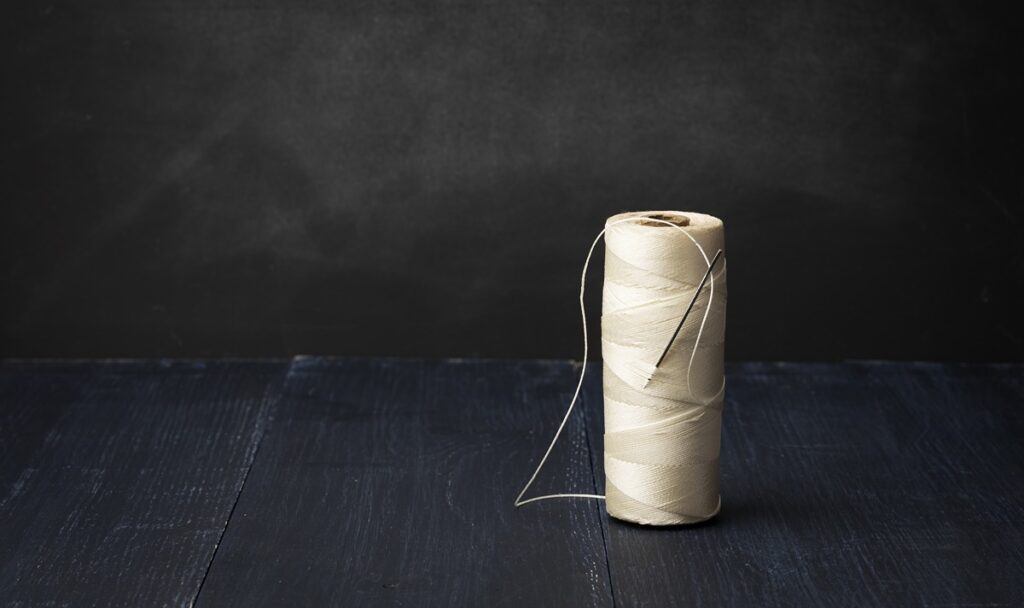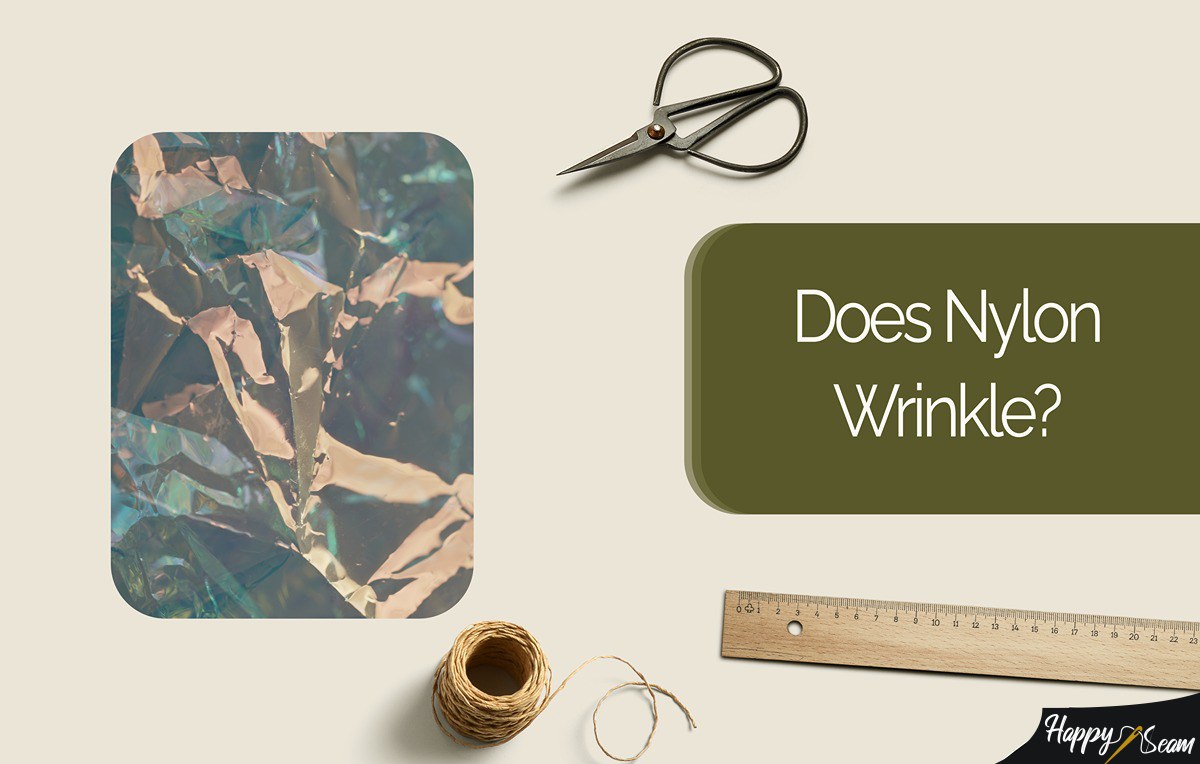One thing is for sure, people unite and connect by emotions, either positive or negative ones, and sure enough, most of us hate or to put it more gently, we simply don’t prefer ironing.
We’re here to find solutions to deal with messy work days and wrinkled clothes to make it a more bearable week. We’re all looking for clothing items that don’t require as much care.
So, at the end of the week, we won’t have as much ironing to do and effortlessly prepare for the week ahead. Particularly, we’re discussing nylon fabric, its features, how to deal with it, and everything you need to know. So, does nylon wrinkle? Read on to find out!
Key Takeaways
- Nylon clothes do wrinkle.
- Nylon is mostly found in clothing items such as swimwear or sportswear.
- To wash nylon clothing items you need a specific detergent.
- You can iron nylon clothes but cautiously.
- Nylon can be easily damaged from high-temperatures.
So, do nylon fabrics wrinkle?

Nylon clothes do wrinkle, but it’s a factor slightly dependent on other circumstances, like the purity of the material. Nylon itself is quite elastic, it expands and returns to its original shape and size without damaging the product.
However, since it’s usually mixed with other materials such as wool, silk, and so on, it wrinkles but notably less than other materials used for clothing items.
To understand why this happens, let’s wind back and talk about the substances that give nylon such characteristics. As a result of nylon being a material made of plastic, the nylon itself doesn’t wrinkle as much on its own, and the fabric that it’s mixed with of course changes the outcome of the whole product.
As an example; cotton, when used as a material on its own, it creases within a simple grip of the material, and to witness this yourself, take 100% cotton shirts as an instance. But when the two materials are mixed we get the best out of both worlds.
Also Read: Is Nylon Stretchy?
Where exactly do we notice nylon materials?
Well, we notice nylon materials in a lot of everyday items we use like umbrellas, parachutes, toothbrushes, and such, as a result of its density which makes it a material resistant to water.
But in fashion, we see them, especially in swimwear, or any sportswear for that matter, mixed with other materials. We even have them in the form of blouses, shirts, socks, underwear, leggings, and so on.
Care & Maintenance

What’s the best way to wash nylon materials?
As an elastic, and fun material to use, rest assured it’s not just as fun looking after it, although still manageable. This material due to the sensitivity of heat it’s preferred to wash in cold temperature water because hot water shrinks the clothing item.
It doesn’t require a washing machine necessarily, you can wash it even by hand since we already know it’s supposed to be washed in cold temperatures.
It also works If you already have similar items by color and materials, you can dedicate a load of laundry only to this specific caretaking method.
This material also requires its own washing detergent since the other detergents we use for silk, cotton, etc. clothing items, don’t do the job for this material. So, look for detergents that are appropriate and wash the clothing item properly.
Also Read: Can You Shrink Nylon?
Can wrinkles be prevented?
Yeah, yeah, okay, we get it, they wrinkle, but what can we do to prevent them? One thing I like to do personally, (since I don’t use a dryer) after I take them from the washer, I shake them well so the creases fade a little, I lay them out nicely on the drying rack and I let them dry on their own in the open air.
If u have a couple of hangers lying around you can hang certain clothing items and let them dry, (again in the open air) in this case, the clothing item is being held on one side, and gravity does its work on the other side and barely any creases survive such an arrangement.
Can nylon clothes be ironed?
Yes, nylon clothes can be ironed. Cautiously but certainly doable. No matter how careful we are, we all know something slipped out of our grip, maybe we weren’t able to prevent the wrinkles, so now we’re looking for solutions to another degree.
This is a solution even for all of you who use a dryer, the clothes are a nightmare after taking them out, it’s like a wrinkle pandemic on the clothes gathering.
Since nylon is basically plastic, and because of its attributes it effortlessly burns. It’s a good thing you found these answers before making the same mistake as I did before understanding these features, I burned one of my mom’s favorite shirts.
Basically, you need to be cautious of the iron temperature you are using while working with nylon items, high temperature damages the nylon materials severely.
As I said before it easily affects the item either it shrinks, changes its form, or burns to a point that you can no longer use that item anymore. So, when dealing with these items you should keep in mind that you should use medium to low heat.
Use a piece of cloth
If you want to turn it up a notch, for better protection from the heat, you can lay a simple (not as relevant) piece of cloth on top of the nylon clothing you are trying to iron, so the flat, heated surface of the iron doesn’t directly touch that item.
There’s another way though, you can buy one of those protective ironing meshes, which does the same as any simple unused piece of cloth laying around. Another way is to use a steamer, or just the steaming feature of the iron, either one that is easier for you to grab and use is okay.
Also Read: Can You Bleach Nylon?
Final Thoughts
Nylon cloths are elastic and fun to use. Once you learn the features of this material you notice it in many day-to-day clothing items we use.
Nylon clothes have their own disadvantages, but it’s manageable.
They are sensitive to being exposed to high temperatures, therefore if washed in high-temperature water shrinks and changes their size, as well as while ironing or steaming them you should be cautious since heat damages the materi
I graduated from London College of Fashion, and I’ve been working for a Fashion Design company for 10 years. My other hobbies are going to the gym and reading.



